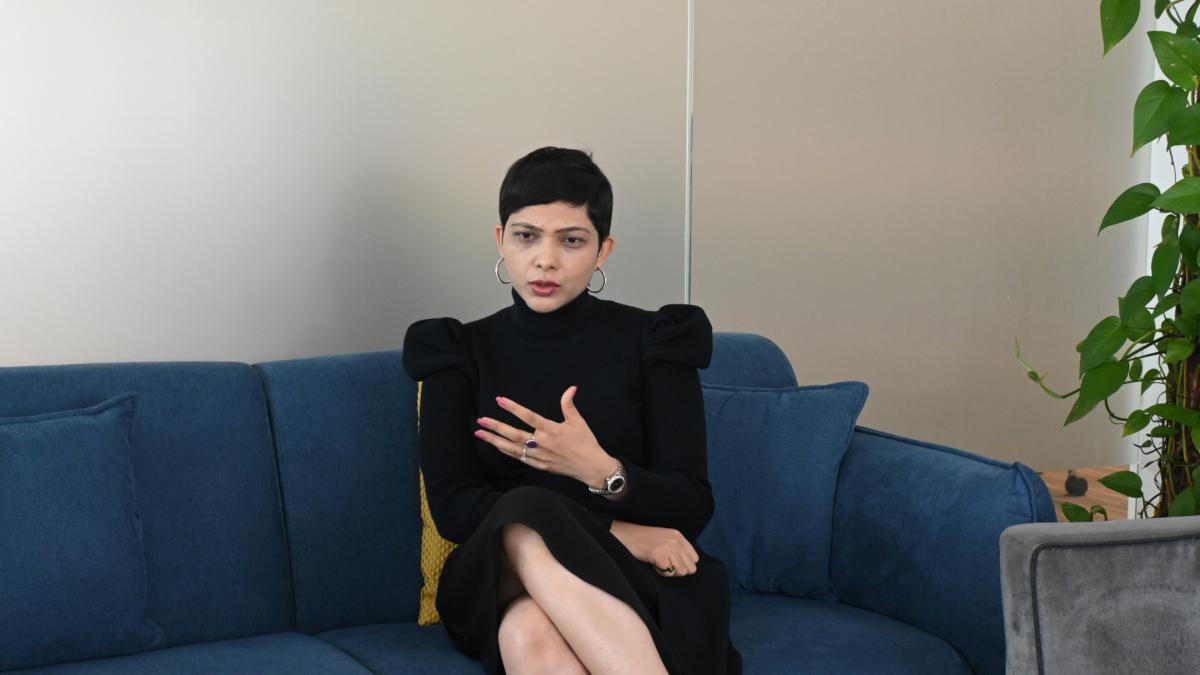 Gunjan Soni, ZALORA CEO /Emilia Claudio, Singapore Business Review
Gunjan Soni, ZALORA CEO /Emilia Claudio, Singapore Business Review
ZALORA seizes opportunity in revenge tourists’ purchasing power
The e-commerce platform added more travel-related items catering to the rise in travel searches from customers.
Revenge tourism can spell negative outcomes for online commerce platforms, like ZALORA, which relies on native population customers rather than tourists who tend to buy in-store in their new destination. However, with the increase in travel-related searches, ZALORA found that tourist demand for travel preparation increased with luggage and winterwear.
With this, over the last few months, ZALORA added more travel-related products to meet their customers’ increasing demand. These include travel bags, hard case luggage, and passport holders, from popular brands such as Bellroy, Jansport, Tumi, CROSSING, Thule, and THE 815 CO.
“People getting ready for travel is the opportunity for us in e-commerce. That’s why we also created curations… to support the travel economy that’s happening around us,” ZALORA CEO Gunjan Soni told Retail Asia in a recent interview.
The search for travel-related items such as sunscreen and swimwear grew year-on-year by 31 times and up to 19 times from 2020 to 2021 alone, data from ZALORA said.
From 2022 to 2023, revenge travel seems to be going strong, with travel-related searches on luggage, winter coats, and gloves continuing to increase by around 18% year-to-date.
A study from KPMG showed that retailers can tap Gen Zs who are adapting to consumer trends such as revenge spending and traveling. There are about 600 million Gen Zs who find appeal in retailer offerings.
Singaporeans embracing subscription
ZALORA evolved from the online shopping strategy of solely offering discounts and good deals to creating ZALORA VIP, a one-year subscription service that offers exclusive rewards for consumers.
Soni said Singaporeans want convenience aside from good deals, which is why their subscription service offers next-day and unlimited free shipping with no minimum spending.
According to its website, Singaporeans can avail themselves of ZALORA VIP at S$17.90 yearly or S$1.49 per month. Shoppers can also get a full rebate, vouchers, and other exclusive rewards.
The subscription service generated 20% of the net merchandise value (NMV) from subscribers of Zalora VIP.
Sustainability curation
Aside from revenge travel, Soni said they created an Earth Edit, a sustainable filter in Zalora products, which caters to eco-conscious consumers, such as Generation Z.
“The fashion industry traditionally is not proud of this, but we are one of the high consumers of carbon credits,” Soni said.
“Therefore, I’m seeing this trend as a positive, and we are seeing some of our early efforts, finally starting to see consumer traction,” she added.
Earth Edit provides information on the carbon footprint: if it is made with fair production, if the product is pre-loved, and if it is animal-friendly.
Overall, this sustainability curation helped ZALORA record sales of products made from sustainable materials or via eco-production to 14% of NMV.
What’s more, 21% of ZALORA’s brand products were made from environmentally lower-impact materials, up 9% in 2022. Over 1.2 million parcels were delivered by low emissions methods.
“Clearly, Singapore is leading that adoption, so I’m very happy to see that, that both Singapore and also Hong Kong, see good traction on it,” said Soni.
Transforming e-commerce search
As early adopters of new technology, ZALORA boasts of using an umbrella system, Titan, which allows the e-commerce platform to collaborate with external generative artificial intelligence (AI) tools, which creates a unique experience for customers.
Specifically, Soni pointed out that finding a good shopping assistant will be difficult for companies to look for, but she believes that AI helps in reshaping the way customer searches happen.
She said a few puzzles solved for instance are: “What were the past purchases that are working and how can I guide my consumer to make better recommendations?”
Curiosity and creativity
One of Soni’s realizations in the past decade is to use data and innovation in the business. But for them to be successful, she said these tools need to be combined with curiosity and creativity.
“We’re not solving everything with money alone, but tapping on the power of innovation and intellect and out-of-the-box thinking and that's become a core DNA and very relevant in our sector,” Soni said.
The second lesson that Soni shared during the interview with Retail Asia is to try to think ahead and how certain macroeconomic conditions will impact the industry.
“Take COVID-19, for example. To start with, everybody was panicking and then all the digital sectors really benefited,” Soni said. “At the same time, it changed the consumer patterns for buying and fashion as well so it was not just a shift in the digital trajectory, but in the fashion world as well.”






















 Advertise
Advertise






